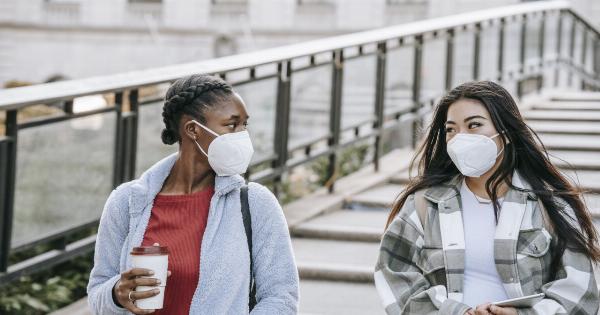Allergies are increasing rapidly all around the world, and babies are no exception. Reducing your baby’s allergy risk is important to ensure that they grow up healthy and happy. Allergies can be very dangerous, and they can even be life-threatening.
Fortunately, there are many things you can do to reduce your baby’s allergy risk. In this article, we will provide tips and tricks to help keep your baby allergy-free.
1. Breastfeeding
Breastfeeding is essential for a baby’s immune system development. When a mother breastfeeds, she is passing on immunoglobulin A (IgA) antibodies to her baby, which helps protect the baby from infections and diseases.
Studies have also shown that breastfeeding reduces the risk of a baby developing allergies.
If breastfeeding is not an option for you, speak to your doctor about hypoallergenic formula options.
2. Introduce Solids Carefully
Introducing solids can be a very exciting time for parents and babies, but it is important to be careful. Introduce one new food at a time and wait a few days before introducing another.
This will help you determine if your baby is allergic to any particular food.
It is also recommended to introduce the most common allergens such as peanut butter and eggs early on to help reduce the risk of developing allergies.
3. Maintain a Clean Home
Keeping your home clean is essential for reducing your baby’s allergy risk. Regular cleaning, dusting, and vacuuming can help reduce dust mites, mold spores, and pet dander. Air purifiers can also help remove allergens from the air.
It is also important to wash your baby’s clothes, bedding, and toys regularly to remove allergens.
4. Avoid Smoking
Smoking during pregnancy and after birth increases the risk of your baby developing allergies. It is important to avoid smoking and exposure to secondhand smoke.
5. Get Rid of Carpets
Carpets can harbor many allergens, including dust mites. If possible, replace carpets with hard flooring, such as tiles or hardwood.
If you cannot replace your carpets, vacuum regularly with a high-efficiency particulate air (HEPA) filter vacuum, which can help remove allergens.
6. Keep Pets Away
Pets can be a source of allergens, so it is important to keep them away from your baby’s sleeping area and play areas. If possible, keep pets outside or in a restricted area of the house. Regular grooming can also help reduce pet dander.
7. Use Hypoallergenic Products
Some baby products, such as soaps and lotions, can contain allergens. Using hypoallergenic products can help reduce your baby’s allergy risk.
8. Check for Allergies
If you suspect that your baby may have an allergy, speak to your doctor. They may be able to perform allergy tests to determine if your baby is allergic to a particular food or substance.
9. Vaccinations
Vaccinations are essential for preventing certain diseases and infections, which can trigger allergies. Speak to your doctor about recommended vaccinations for your baby.
10. Stay Up-to-date With Your Air Quality
Air quality can have a significant impact on allergies. Keep an eye on your local air quality and try to avoid outdoor activities during times of high pollution or allergen levels.
You can also consider purchasing an indoor air quality monitor to track your home’s air quality.



























